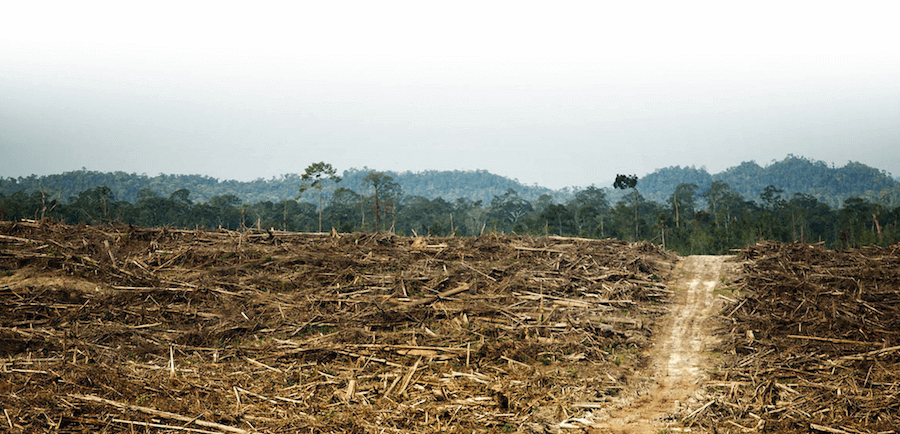Last week was critical for the world’s forests and climate. First, around 175 countries signed the historic Paris climate agreement which recognizes the crucial role forests play in the fight against climate change. Second, Indonesian political and community leaders announced a moratorium on new palm oil and mining expansion in the country, which is home to some of the world’s last pristine rainforests.
Critical to meeting national and international climate targets is the protection of carbon-rich forests and peatlands. The announcement of a moratorium on new palm oil and mining concessions in Indonesia is a welcome move and, if enforced and extended to apply to forests in existing palm oil concessions, will help halt the destruction of forests and peatlands. Essential to achieving these goals, however, will be an end to the devastating fires that rage across Southeast Asia each year.
The 2015 haze crisis was the worst on record. At its peak, the haze in Indonesia released more global greenhouse gas emissions each day than the daily average of the US. It caused regional evacuations, school and airport closures, hundreds of thousands of cases of respiratory conditions and at least 19 reported deaths. Forest fires have already been reported this year as the 2016 dry season begins and without strong action by the international community, Indonesia’s emissions will continue to rise and yet another international emergency will ensue.
Shockingly, palm oil, pulp and paper, rubber and timber companies continue to clear land for production using fire. An underlying driver of these fires is the financial services provided to the companies that pay for their destructive practices. Commercial banks from Indonesia, Malaysia, China, Singapore, Japan, Europe and the United States are some of the major sources of capital fueling the expansion of these sectors in Southeast Asia, and the fires associated with them. Through providing loans to these companies, and profiting from their destructive operations, banks are complicit in the haze crisis.
In the absence of adequate controls and safeguards imposed by banks themselves, financial regulators must step in and correct these systemic failures in the financial system to prevent further devastation.
Over 70 international civil societies organizations have signed a letter to call on governments and financial regulators to leverage emergency sanctions on major commercial banks, in an effort to cut funding from companies identified as causing the haze crisis.
With such important milestones for the world’s forests met in the past week, it is vital that national and international leaders recognize the role of financial institutions in facilitating forest destruction and climate chaos. Without clear commitments from banks to enforce strict environmental and social safeguard requirements on their clients, and strong oversight by regulators, global efforts to protect the world’s forests will be in vain.
